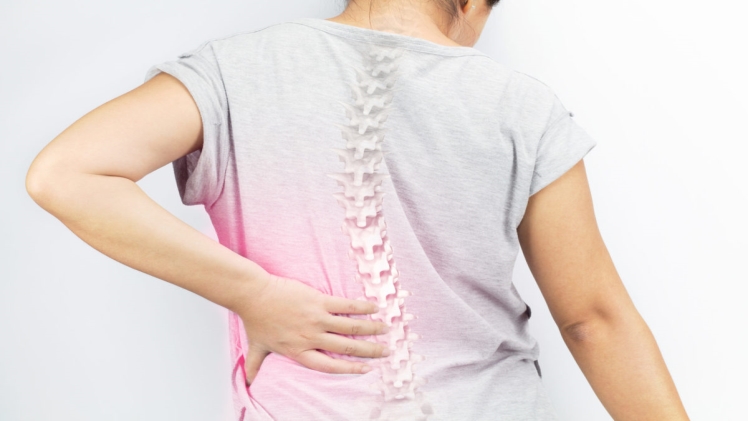The sagittal plane (separating your left side from the right side) on your spine has flawless curves that enhance movement and manage the pressure you exert on your back. Unfortunately, your spinal curvature curves sideways with scoliosis, either in a C or S shape. At times, the condition might cause your spine to bend to the front or back. Adolescents form a significant percentage of the population suffering from scoliosis in Las Vegas. Scoliosis can range from a mild unevenness on your hips to a severe curvature that might need a surgical procedure to correct the misalignment.
How does scoliosis affect your overall life?
Scoliosis rarely causes chronic pain and immobility. Additionally, you might be able to lead a relatively unrestricted life when you have the condition. Unfortunately, scoliosis worsens with age, instead of resolving independently over time. Besides the discomfort and mobility issues, the spinal curve might significantly reduce your chest space, affecting lung functionality. The misalignment may also cause you prolonged back pain.
Scoliosis affects your body in several other ways. For instance:
Visible deformities
Since the spinal condition is highly visible, it might result in asymmetries in your skeletal system. Visible asymmetries you are likely to have include:
- An uneven slant on your shoulders
- Ribs sticking out on either side of your body
- Poor hip alignment
- Unidirectional leaning of your torso
Muscular imbalance
Patients with idiopathic scoliosis are likely to compensate for their imbalance by misusing their muscles. Eventually, the improper use may worsen the posture, resulting in chronic back pain. Unlike patients with idiopathic scoliosis, individuals with neuromuscular scoliosis have underlying health concerns like cerebral palsy affecting the spinal cord, pulling the muscles against the spine.
Interferes with your nervous system
The abnormal curve on your spine is likely to compress your nerves, especially in the inner bows and stretch the ones on the outer curves. The compression and stretching of the nerves might make them struggle to conduct vital signals to and from your peripherals. As a result, you might suffer from radiculopathy. Unfortunately, the radiating pain might affect your gross and fine motor controls.
Interferes with the digestive process
The deviation of your spine from its normal position is likely to take up space meant for your vital organs. In other instances, the abnormal curves may affect critical players in a particular body system. For instance, scoliosis will likely affect your esophagus, intestines, and stomach. As a result, you might suffer from digestive issues like:
- Acid reflux
- Inability to effectively absorb essential body nutrients
- Constipation
- Weight loss
- Irritable bowel syndrome
Blocks recirculation of cerebrospinal fluid to your brain
Spinal issues, especially those affecting your neck, are likely to cause headaches. Additionally, the condition might limit the circulation of the cerebrospinal fluid. Unfortunately, the low brain fluid levels may intensify a mild headache to a significant migraine.
Everyone has a spinal curvature that helps with mobility and posture. Unfortunately, scoliosis will make your sagittal plane curve sideways, resulting in an abnormal physical posture. Though the condition rarely causes chronic pain, it might affect your life in different ways. Consult your doctor for more inquiries about scoliosis to know the best approach to address the health concern.

